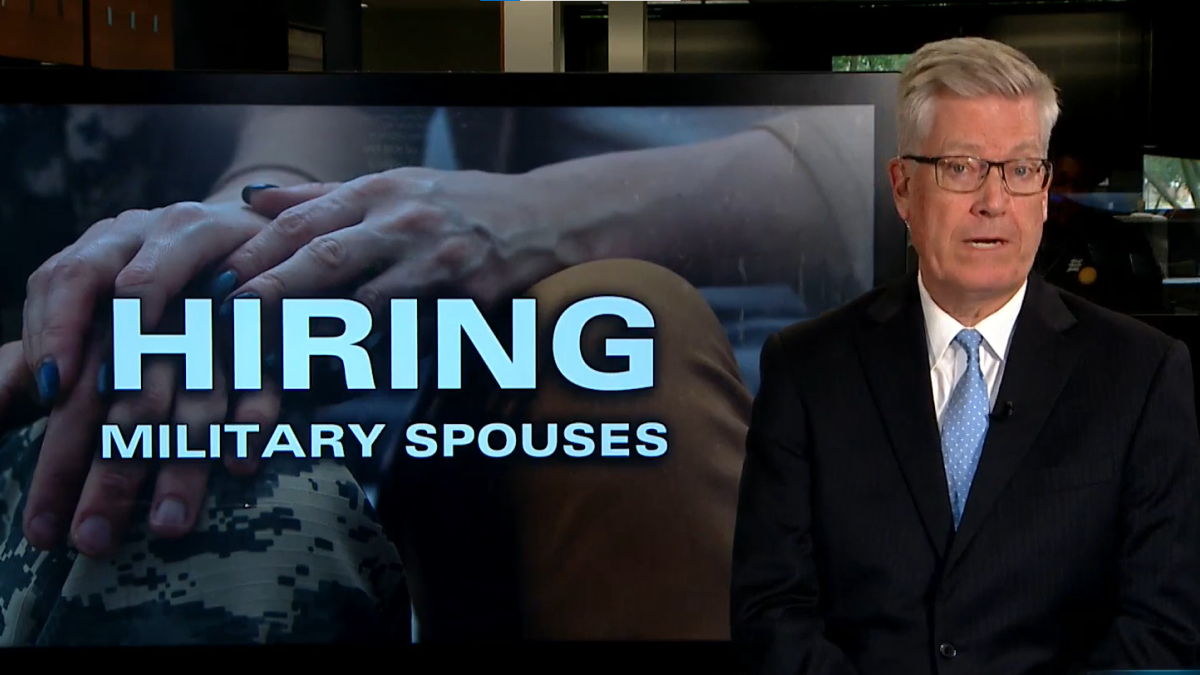Twelve Golden Rules From The Kitchen For Effective Leadership: ‘Mise En Place’
We’ve often been taught that “faster is better” when hustling to get a job done, but during my time working in the catering business, I learned...
1 min read
Merit Jun 21, 2023

HAMPTON ROADS, Va. (WAVY) – A poll of Virginians, most of them from military families, found that three-quarters of them do not feel financially secure.
The poll was conducted in May by Embold Research for Merit, a digital-verified identity company.
Forty-five percent of the military families said they were somewhat financially secure and had trouble paying bills sometimes, but an additional 31% said they felt insecure, having trouble paying bills frequently.
Those concerns often arise when a military family must move to another state. In some cases, military spouses who hold occupational licenses have to re-certify in their new state, and it’s not necessarily free or even cheap.
“Sometimes these fees are thousands of dollars,” said Terron Sims II, chair of the Veterans & Military Families Council for the Democratic National Committee. “If you’re E-1 thru E-7, or O-1 thru O-4, a thousand dollars is a lot of money.”
It costs money and it takes time.
“On average, it takes about 44 days once a military spouse moves into a new state to gain employment,” Sims said. “But as you know with the game of averages, you have 44, but you also have one, and then you have the far end that could be 100.”
Sims also represents Merit, a company that says it can digitize the transition for getting the license or certification.
“The military spouse could go and automatically download the app, and go through a process of validating their licenses, instead of having to wait until they move to the new state.”
But a policy change would have to happen before the digital technology could solve the problem. In other words, the states would have to adopt – or a federal law would have to require – a system of reciprocity when military families transfer their credentials.
It’s an issue that has the attention of Sen. Tim Kaine, who hosted an employment roundtable last summer in Norfolk with military spouses.
In the meantime, Kaine is one of several bipartisan co-sponsors of the Military Spouse Hiring Act, which would give employers incentives for hiring military spouses.
We’ve often been taught that “faster is better” when hustling to get a job done, but during my time working in the catering business, I learned...
Your people are your most valuable asset and your biggest competitive advantage. Invest in them wisely, and they’ll take your company places you...
Big workforce initiatives thrive on strong collaboration between ecosystem partners; however, navigating those projects may sometimes be challenging....